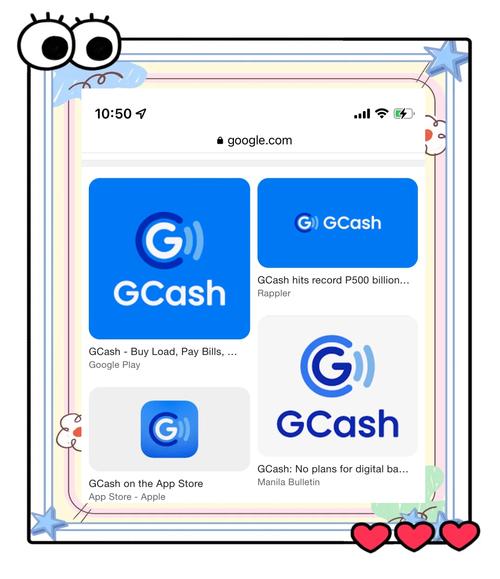Understanding Cash App by Block, Inc.
Cash App, a product of Block, Inc., has revolutionized the way people manage their finances and make payments. Launched in 2013, Cash App has grown to become a popular mobile payment service in the United States. This article delves into the various aspects of Cash App, its features, and its impact on the financial landscape.
How Cash App Works
Cash App allows users to send, receive, and store money. It operates as a mobile wallet, enabling users to link their bank accounts, credit cards, and debit cards to the app. Here’s a brief overview of how Cash App functions:

| Function | Description |
|---|---|
| Send Money | Users can send money to friends, family, or businesses by entering their Cash App username or phone number. |
| Receive Money | Users can receive money by sharing their Cash App username or QR code. |
| Store Money | Cash App allows users to store money in their Cash App account, which can be accessed for purchases or transferred to a linked bank account. |
Key Features of Cash App
Cash App offers a range of features that make it a versatile financial tool:
-
Direct Deposit: Users can receive their paychecks, tax refunds, and other payments directly into their Cash App account.
-
Buy and Sell Stocks: Cash App users can purchase and sell stocks, ETFs, and cryptocurrencies directly within the app.
-
Crypto Trading: Users can buy, sell, and trade Bitcoin, Litecoin, and Bitcoin Cash directly through the app.

-
Debit Card: Cash App offers a Visa debit card that can be used for purchases, ATM withdrawals, and cash back rewards.
-
Pay Friends: Users can send money to friends and family with ease, making it a convenient way to split bills or pay back loans.
Cash App’s Impact on the Financial Landscape
Cash App has had a significant impact on the financial landscape by offering a range of services that were previously only available through traditional banks. Here are some key ways in which Cash App has changed the financial landscape:
-
Increased Financial Inclusion: Cash App has made financial services more accessible to people who may not have had access to traditional banking services.
-
Reduced Need for Cash: With Cash App, users can make purchases, send money, and store funds without the need for cash.
-
Competitive Pricing: Cash App offers competitive pricing for its services, making it an attractive option for users looking for affordable financial solutions.
-
Innovation: Cash App has been at the forefront of innovation in the financial technology space, introducing new features and services that have changed the way people manage their finances.
Challenges and Controversies
While Cash App has been successful, it has also faced challenges and controversies:
-
Security Concerns: Cash App has faced criticism for its security measures, with some users expressing concerns about the safety of their financial information.
-
Regulatory Scrutiny: Cash App has been under scrutiny from regulators, with concerns about its compliance with financial regulations.
-
Competition: Cash App faces intense competition from other mobile payment services, such as PayPal and Venmo.
Conclusion
Cash App by Block, Inc. has become a popular mobile payment service that has changed the way people manage their finances. With its range of features and convenient services, Cash App has made financial management more accessible and convenient for millions of users. While challenges and controversies remain, Cash App continues to innovate and evolve, making it a key player in the financial technology space.


